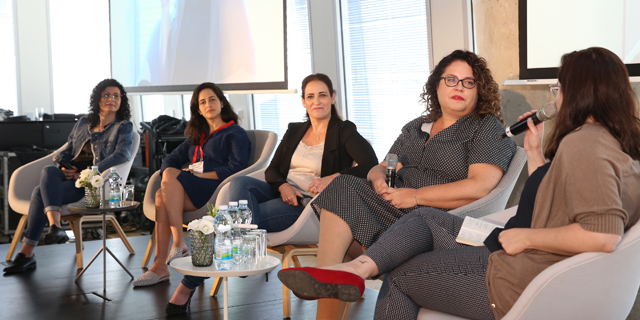
HR Conference
In Israel, Tech Talent Crunch Forces HR Execs to Be Extra Creative
Human resources executives working in the Israeli market shared their insights at Calcalist’s conference on employee experience
Meir Orbach | 16:25, 05.11.19
Israel’s severe tech talent crunch is no news for the local human resources executives who participated in a panel on attracting talents at Calcalist’s conference on employee experience held Tuesday in Tel Aviv.
When recruiting new employees in Israel, you have to approach passive candidate and this requires a different HR strategy then you would need in other places and fields, Alona Eyal-fried, director of HR at Intel Israel, said.
When it comes to machine learning and artificial intelligence, the shortage in high-quality personnel is especially evident, Eyal-fried said. “We have to go where the talent is and that means conferences, where they are pitching their startups,” she added. “We went to one of the world’s biggest conferences to single out the Israeli participants and get them interested in Intel.”
One of the main challenges today, no matter the size of your company, is branding it as attractive for potential employees, Amit Daniel, senior vice president of marketing and employer branding at Nasdaq-listed surveillance and business intelligence company Verint Systems Inc., said. “We work very closely with the HR team to help it locate potential employees and address the relevant challenges. We need to differentiate our company from other multinationals such as Google and Microsoft on the one hand and small startups on the other,” she said.
According to Rotem Amitai, vice president of human resources at online payments fraud prevention startup Riskified Ltd., the most important thing, in the long run, is retaining the employees you recruit. It is vital to form the right processes, figure out the kinds of people you want and find out as much as you can about them, she added.
Keren Massad, vice president of HR at code management startup JFrog Ltd., said employees need to take part in defining the company they work for. “We develop tools for coders, so we ask our own coders what kind of product they would use and constantly adjust accordingly,” Massad said.
Traditionally, Intel placed a lot of value on academic degrees but now it prefers practical experience, Eyal-fried said. Diversity in every aspect, including age and ethnicity, is critical but you have to be aware of the unique challenges each group is faced with, she added.
"With the talent crunch we are facing, it is not sustainable to keep looking for a military computer unit veteran with years of experience,” Daniel said. Hiring young inexperienced workers or ultra-Orthodox (Haredi) women gives the company more points of view, driving it to think differently, she explained.
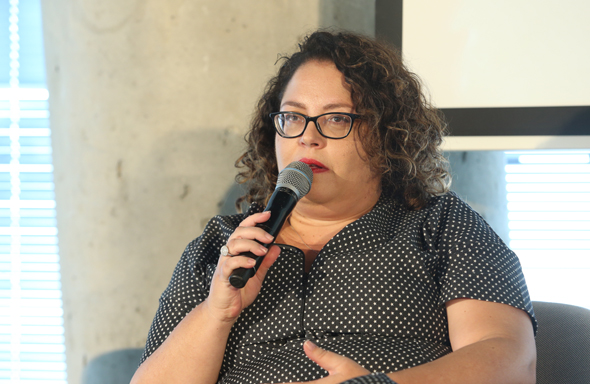
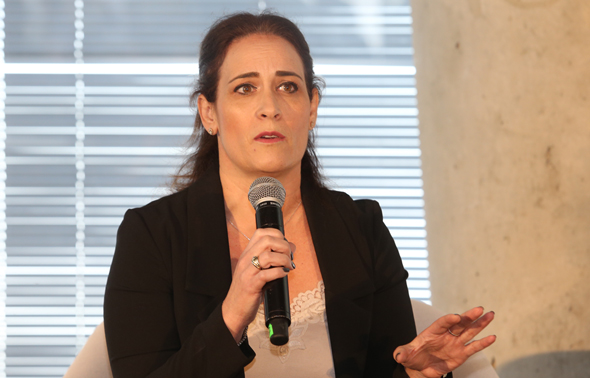
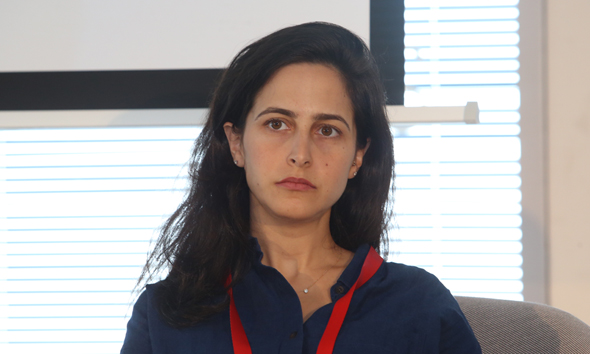
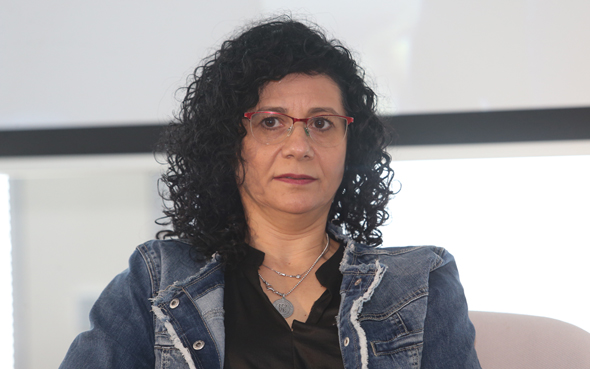
No Comments Add Comment